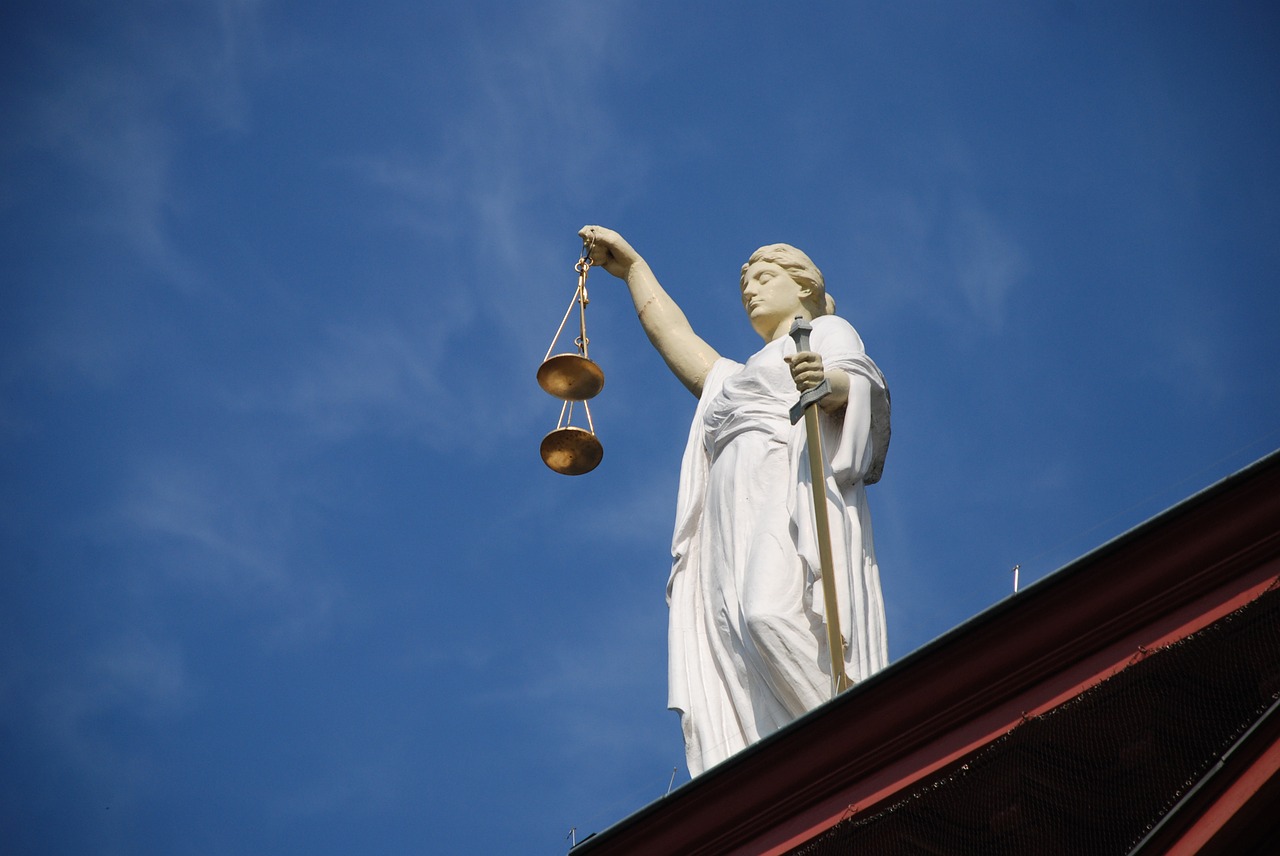
Democratic Candidates on Snowden: The Irony of Whistleblower Rights in America

The Democratic Presidential Debate was a little depressing when viewed from the extremely narrow perspective of Whistleblower law.
CNN’s Anderson Cooper asked about Edward Snowden—the whistleblower who escaped to Russia, of all places, after revealing the National Security Administration’s program to review American communication meta-data and store communications without a warrant.
Senator Chafee was the only candidate to offer a full defense of Snowden, saying that the whistleblower-in-exile should be brought home and that what the U.S. Government was doing was illegal.
But the rest of the Candidates fell at least somewhat for the classic problem befalling almost every whistleblower; they were more worried about the actions of the person blowing the whistle than the substance of what we learned from the whistleblower.
Secretary Clinton misstated the rights of this particular whistleblower:
- “He could have gotten all of the protections of being a whistleblower. He could have raised all the issues that he has raised. And I think there would have been a positive response to that.”
I wish that were the case. I wish we could advise national security personnel that they can get whistleblower protections—but I don’t’ think we can. Such protections do not exist for them in the same ways as they might for other people in other areas of the government or private sector. Perhaps Secretary Clinton, will work to enact such protections so that national security whistleblowers have some way of reporting abuses without fear of retaliation. It would seem smart that when there is a problem within National Security community there should be a way for the government to learn about it and fix it. Right now there is no such procedure available.
Secretary Clinton also said that Snowden stole important information and should not be brought home “without facing the music,” which makes you wonder what protections she thought he would have had as a whistleblower.
Governor O’Malley said Snowden put lives at risk and should be prosecuted. Senator Sanders said Snowden played an important role (albeit while breaking the law) and that his role should be taken into consideration. Presumably, one supposes, in sentencing?
Senator Webb at least had an interesting take on protecting personal information collected under the Foreign Intelligence Surveillance Act, saying that such information should be destroyed after an appropriate period of time, but otherwise, he avoided Snowden’s Status.
It’s sadly instructive that nobody understood that if Snowden had stayed in the U.S. he really would have had no legal protection and likely would be in prison for life. Nobody seemed to voice concern that we only know what we do know about the government’s massive surveillance program, because Snowden was willing to risk telling us about it, and he did so knowing it meant the end of his career at the very least. We cannot count on whistleblowers to be that forthcoming all the time.
Maybe you feel Snowden should be in jail. But did you want to continue to let the government monitor all your communications, and lie to Congress about what they were doing, without ever telling us about it? That is what the government did. Yet, instead of being concerned about that, we worry about whether or not what Snowden did is legal?
What whistleblowers do is often heroic, because they do suffer, but that is not the real value to the society.
The point is that without whistleblowers we would very often never know anything.
Without False Claims Act whistleblowers, we’d never learn about, rip-offs to Medicare/Medicaid and the degree to which the health care industry is infected by fraud. Without SEC whistleblowers the next Bernie Madoff financial scandal is much, much more likely, and the perpetrators much less likely to get caught.
Since Edward Snowden was exiled to Russia and most presidential candidates want him in jail, we are are much less likely ever to learn what our own Government is doing. We may never again learn what our government is doing to spy on us, since anyone who does know is going to be scared to death to tell anyone else.
If you want a check on both the private sector and the government, you must find a way to make it safe for a whistleblower to come forward. It is a tragic irony that Snowden’s rights as a whistleblower were so weak that he had nowhere to turn within the U.S. Government, no protections or office to report to safely, and is now being protected by one of the most repressive governments in the world as a political pawn.
Don’t we want a better way for whistleblowers to keep us informed?












